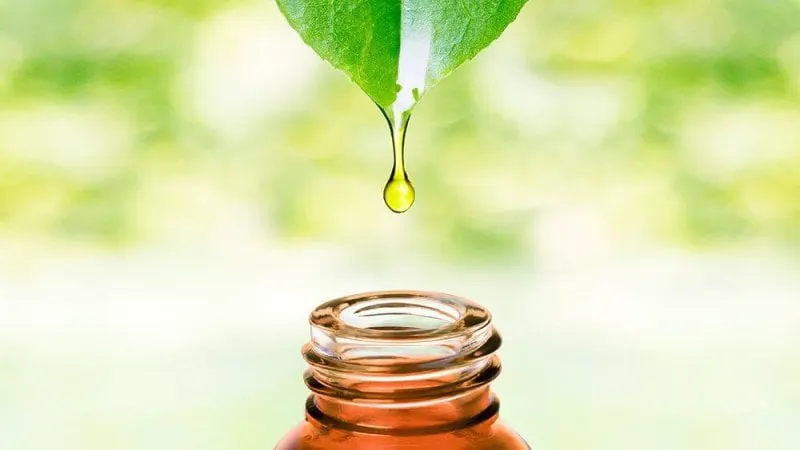Viewpoint: Claiming natural pesticides are ‘good’ and synthetic pesticides are ‘bad’ misses the science — it’s the dose that matters
Viewpoint: Claiming natural pesticides are ‘good’ and synthetic pesticides are ‘bad’ misses the science — it’s the dose that matters


Some folks rave about food grown organically, erroneously thinking no pesticides were used in its production, whereas food grown with conventional pesticides is less healthy. But is there really a difference between organic and conventional pesticides? Is it really possible to live without chemicals?
The short answer to the last question is an emphatic no. Life is chemistry. We are all exposed to tens of thousands of chemicals every day, the vast majority of them naturally occurring.
A cup of coffee, for example, has about 1,000 chemicals, the primary one being dihydrogen monoxide (H2O or water). A potato likely has just as many chemicals, including the naturally occurring pesticide solanine.
…
So should we worry about chemicals to which we are daily exposed? Well, it all depends on how much of the exposure one gets, as previously described. We can all be exposed to some chemicals in large amounts, like water, and still be safe or mixtures of chemicals that make up most of our foods.
But we all know that too much of any one thing is likely not to be good for us. This includes natural and conventional pesticides as well as many household products.
This is an excerpt. Read the original post here.

 | Videos | More... |

Video: Nuclear energy will destroy us? Global warming is an existential threat? Chemicals are massacring bees? Donate to the Green Industrial Complex!
 | Bees & Pollinators | More... |

GLP podcast: Science journalism is a mess. Here’s how to fix it

Mosquito massacre: Can we safely tackle malaria with a CRISPR gene drive?

Are we facing an ‘Insect Apocalypse’ caused by ‘intensive, industrial’ farming and agricultural chemicals? The media say yes; Science says ‘no’
 | Infographics | More... |

Infographic: Global regulatory and health research agencies on whether glyphosate causes cancer
 | GMO FAQs | More... |

Why is there controversy over GMO foods but not GMO drugs?

How are GMOs labeled around the world?

How does genetic engineering differ from conventional breeding?
 | GLP Profiles | More... |

Alex Jones: Right-wing conspiracy theorist stokes fear of GMOs, pesticides to sell ‘health supplements’




 Viewpoint — Fact checking MAHA mythmakers: How wellness influencers and RFK, Jr. undermine American science and health
Viewpoint — Fact checking MAHA mythmakers: How wellness influencers and RFK, Jr. undermine American science and health Viewpoint: Video — Big Solar is gobbling up productive agricultural land and hurting farmers yet providing little energy or sustainabilty gains
Viewpoint: Video — Big Solar is gobbling up productive agricultural land and hurting farmers yet providing little energy or sustainabilty gains Trust issues: What happens when therapists use ChatGPT?
Trust issues: What happens when therapists use ChatGPT? Fighting deforestation with CO2: Biotechnology breakthrough creates sustainable palm oil alternative for cosmetics
Fighting deforestation with CO2: Biotechnology breakthrough creates sustainable palm oil alternative for cosmetics California, Washington, Oregon forge immunization alliance to safeguard vaccine access against federal undermining
California, Washington, Oregon forge immunization alliance to safeguard vaccine access against federal undermining 30-year-old tomato line shows genetic resistance to devastating virus
30-year-old tomato line shows genetic resistance to devastating virus The free-range chicken dilemma: Better for birds, but with substantial costs
The free-range chicken dilemma: Better for birds, but with substantial costs ‘You have to treat the brain first’: Rethinking chronic pain with Sanjay Gupta
‘You have to treat the brain first’: Rethinking chronic pain with Sanjay Gupta
